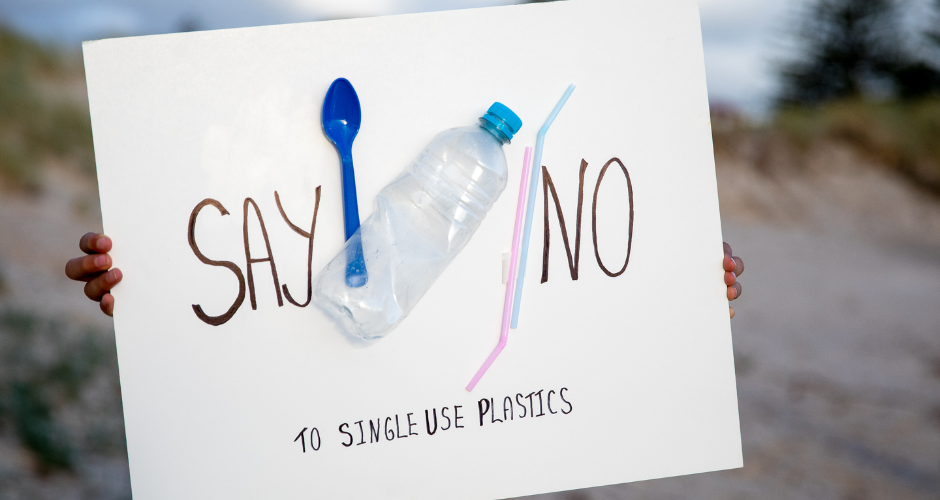The Ban on Single-Use Plastics: A Step Towards a Sustainable Future

Plastic, once hailed as a revolutionary material, has become an environmental burden in the modern era. Single-use plastics, in particular, have gained notoriety for their harmful impact on the planet. However, in a promising stride toward sustainability, the global trend of banning single-use plastics has gained momentum. This significant shift reflects a growing awareness of the urgent need to curb plastic pollution and protect our environment. With this ban, the world is taking a decisive step towards building a more sustainable future.
The Problem with Single-Use Plastics:
Single-use plastics, such as bags, straws, and packaging materials, have long been a convenient and cost-effective solution for manufacturers and consumers. Nevertheless, their disposability poses a severe threat to the environment. These plastics take centuries to decompose, clogging landfills and contaminating water bodies. Additionally, their fragmentation into microplastics further exacerbates the issue, harming marine life and entering the human food chain.

The Global Movement Against Single-Use Plastics:
Recognizing the detrimental effects of single-use plastics, governments, businesses, and communities worldwide have initiated various measures to combat their usage. Countries have implemented comprehensive bans on specific items, introduced levies and taxes, or enforced strict regulations to reduce plastic consumption. This global movement, supported by environmental organizations and conscious consumers, has fostered a shift in attitudes toward sustainable alternatives and eco-friendly practices.
Impacts on Industry and Innovation:
While the ban on single-use plastics presents challenges for certain industries, it has also stimulated innovation and the development of sustainable alternatives. Companies are investing in research and development to create biodegradable materials, reusable packaging, and eco-friendly substitutes for conventional plastics. This transition not only reduces the environmental footprint but also promotes a circular economy, encouraging the responsible use and disposal of materials.
Encouraging Individual and Collective Responsibility:
The ban on single-use plastics emphasizes the importance of individual responsibility and collective action. By encouraging the adoption of reusable products and promoting recycling initiatives, communities can actively participate in reducing plastic waste. Education and awareness campaigns play a crucial role in fostering a culture of sustainability, empowering individuals to make informed choices and contribute to a cleaner, healthier planet.

Challenges and Future Prospects:
Despite the significant progress achieved through the ban on single-use plastics, several challenges persist. The adoption of sustainable alternatives on a large scale requires concerted efforts from all stakeholders, including policymakers, businesses, and consumers. Furthermore, addressing the issue of plastic pollution demands a comprehensive approach, encompassing waste management, recycling infrastructure, and sustainable production practices.
Conclusion:
The ban on single-use plastics marks a pivotal moment in the global pursuit of environmental conservation and sustainable development. It signifies a collective commitment to mitigating the adverse effects of plastic pollution and preserving the natural ecosystems for future generations. While challenges persist, the increasing awareness and actions taken by various entities offer hope for a future where responsible consumption and eco-friendly practices are the norm. Through collaborative efforts, we can pave the way for a cleaner, greener, and more sustainable world.